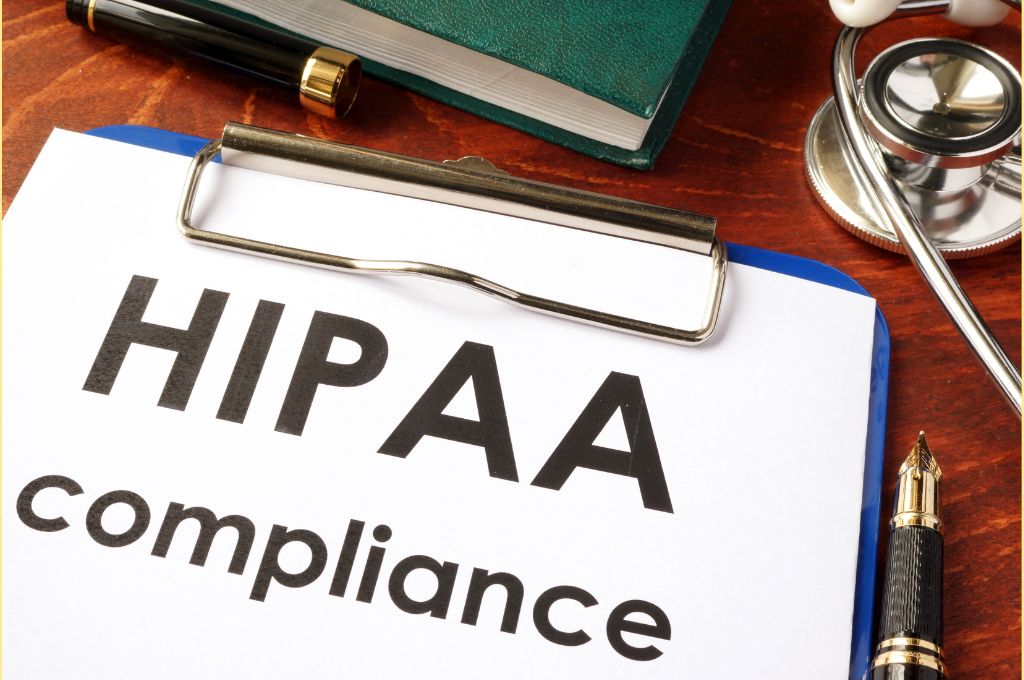Over the past thirteen years, 5,150 healthcare data breaches of more than 500 records exposed or improperly disclosed over 382 million records. This demands strict adherence to regulations and no room for complacency in organizations.
Understanding current HIPAA nondiscrimination regulations is crucial for any organization working directly or indirectly in healthcare. It ensures secure communication, privacy protection, and equal access to authorized individuals and covered entities.
This article discusses HIPAA nondiscrimination rules and key tips for staying compliant.
The Importance of Equality in Healthcare
Equality is the state of being equal regarding status, rights, and opportunities. In healthcare, equality is a fundamental principle that ensures all patients receive the same level of care regardless of their race, gender, age, or other personal characteristics.
Here are five reasons why equality in healthcare is crucial:
- Improves health outcomes – Equal treatment of patients by healthcare providers ensures the identification of health risks and care that meets unique patient needs. This approach results in better health outcomes and reduced complications risk.
- Increases patient satisfaction – Fair and unbiased treatment of patients leads to increased satisfaction, trust, compliance with treatment, and better health outcomes.
- Promotes social justice – Equal access to quality healthcare is a basic human right. Everyone, regardless of their socio-economic status or personal characteristics, should have it. By promoting equality in healthcare, we work towards achieving social justice for all.
- Reduces healthcare disparities – Health disparities are often the result of discrimination and unequal access to care. We can address these disparities and improve the health outcomes of marginalized populations.
- Fosters a healthier society – When healthcare is available to all individuals, society as a whole benefits. When people are healthy, they are more productive, and the economy thrives. A healthier society benefits everyone, and equality in healthcare plays a crucial role in achieving this goal.
What Are HIPAA Nondiscrimination Rules?
HIPAA nondiscrimination rules are an essential aspect of healthcare legislation. They are designed to ensure that all patients receive equal treatment and that healthcare providers do not discriminate against individuals based on their race, gender, age, sexual orientation, disability, or other protected characteristic.
The rules are outlined in the Health Insurance Portability and Accountability Act (HIPAA), a federal law that governs how healthcare organizations handle patient information and protect patient privacy.
These rules are critical in promoting fairness and equality in healthcare by prohibiting healthcare providers from discrimination, including denying services, treatment, or benefits to individuals based on their protected characteristics.
Key Provisions of the HIPAA Nondiscrimination Rules
Here are some key provisions you should take note:
- Eligibility – HIPAA guarantees that no one can be denied eligibility for group health plan enrollment or continuation due to their health factors.
- Benefits – No individual can be charged more for their coverage than others, regardless of any health factor.
- Premiums – It is illegal for group health plans or insurance issuers to discriminate against individuals based on health factors, affecting both eligibility and premium contributions.
- Wellness Programs – HIPAA permits two types of wellness programs: participatory and health-contingent. To comply with HIPAA nondiscrimination rules, the latter must meet five requirements.
- Compliance – Compliance with HIPAA’s nondiscrimination provisions does not in any way reflect compliance with any other provision of ERISA (including COBRA and ERISA’s other fiduciary provisions) or other state or federal laws
Legal Requirements of HIPAA Nondiscrimination Policy
Here is a breakdown of the most crucial legal requirements of the HIPAA nondiscrimination policy.
1. Prohibition of Discrimination – The HIPAA nondiscrimination policy’s first and most important rule prohibits healthcare providers from discriminating against patients based on their race, color, national origin, sex, age, or disability.
2. Equal Access to Services – Under HIPAA, healthcare providers must offer equal access to healthcare services to all patients, regardless of their background or characteristics. This includes access to medical treatments, emergency services, and referrals to specialists.
3. Reasonable Modifications – To ensure equal and effective access to healthcare services, HIPAA mandates reasonable policy and practice modifications for patients with disabilities.
4. Language Assistance – For effective communication and better comprehension of medical conditions and treatments, healthcare providers are required to furnish language assistance services to patients with limited English proficiency.
5. Confidentiality – HIPAA nondiscrimination rules also protect the privacy and confidentiality of patients’ medical information. Healthcare providers must not disclose sensitive medical information without patients’ consent, except under specific circumstances outlined by law.
Implementing Nondiscrimination Rules in Healthcare Organizations
Implementing nondiscrimination rules in healthcare organizations is crucial in promoting equality and diversity within the healthcare sector.
Here are five ways to effectively put these rules into practice:
1. Develop robust policies and procedures
Healthcare organizations must have well-defined policies and procedures around nondiscrimination to ensure that all employees adhere to the rules. These policies should be written in clear language that everyone can understand.
For example, a healthcare organization could develop a policy that clearly outlines how patient needs are accommodated, regardless of gender, ethnicity, or sexual orientation.
2. Conduct regular training
Healthcare professionals play a key role in implementing nondiscrimination policies. Regular training sessions on the importance of nondiscrimination can promote awareness and sensitivity among healthcare professionals when dealing with patients from diverse backgrounds.
For instance, healthcare organizations can provide training for their staff to help them identify and avoid discriminatory behaviors and practices. This can be done quarterly or bi-annually, depending on the company’s assessment.
3. Ensure accessibility
Healthcare organizations must provide accessible facilities and services to ensure all patients have equal access to healthcare services, regardless of ability or disability.
So, how can this be implemented? A healthcare organization could adopt a Universal Design approach when developing or renovating their facilities, enabling persons with disabilities to access healthcare services without barriers.
4. Foster diversity and inclusivity
Healthcare organizations should strive to promote diversity and inclusivity in their hiring practices and among their workforce. A diverse workforce helps patients to feel more welcomed and assured that their diverse needs will be accommodated.
A company could partner with community-based organizations, universities, or religious groups to promote diversity and inclusivity. They can attract a wide range of professionals from different backgrounds.
5. Gather and analyze data
Organizations should gather data that captures and measures the extent to which they have attained non-discrimination objectives, which will also help identify areas for improvement.
For instance, the organization can gather data on patient satisfaction with their services by ethnicity, race, age, and gender to determine if they are fulfilling their nondiscrimination obligations.
In Conclusion
Secure communication through protected health information (PHI) security plays a vital role in preventing discrimination and ensuring equal access to healthcare.
By prioritizing PHI security, healthcare providers demonstrate their commitment to providing high-quality care to all patients.
Let us continue to work towards a more equitable healthcare system for everyone.









